Vaccinations are not just for children. You’re never too old to get vaccines. Vaccinations are a key tool in every adult’s wellness kit. Protection from childhood vaccines can wear off over time. You may also be at risk for vaccine-preventable disease due to your age, job, lifestyle, travel or health conditions. All women needs vaccinations to help them prevent getting and spreading serious diseases that could result in poor health. Ideally, all women should be up to date with their essential vaccinations. So, here are some important recommended vaccines for all women out there.
1. Flu (Influenza) Vaccine
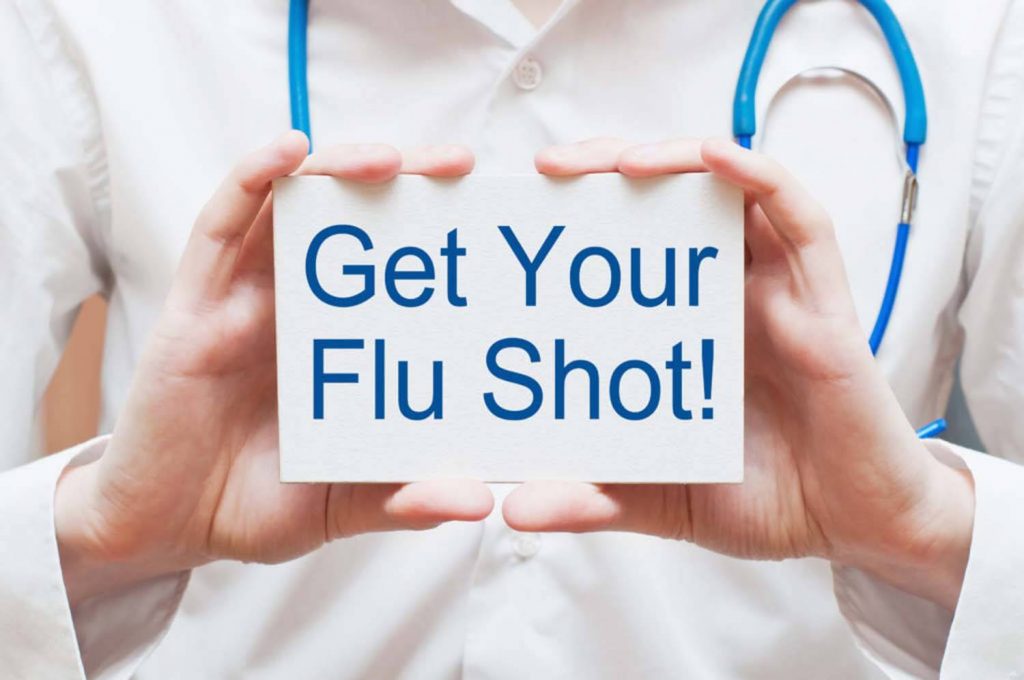
Pneumonia is an infection of the lungs that needlessly affects millions of people worldwide each year. Getting a flu shot may protect you not only from flu, but also from pneumonia. Most children and adults gets hospitalized for flu-related pneumonia if not had a flu vaccine. Getting flu vaccination is the best way to protect the disease and lower the risk of other diseases such as heart attack.
Who should get it and when? – The injected flu vaccine is offered free of charge on the NHS to people who are at risk. Everyone, young, old, and in between, pregnant women, having certain long-term health issues, should get a Flu Vaccination importantly every year. Flu vaccine is usually offered from september until mid-november. Getting vaccinated before the flu season gives the body a chance to build up immunity to the virus.
2. Tdap Vaccine
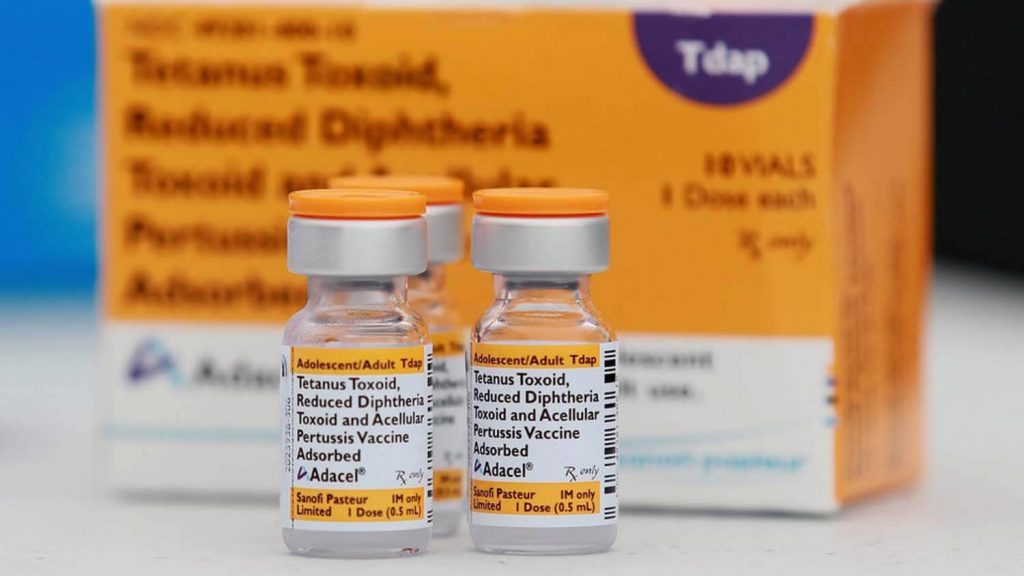
Tdap stands for tetanus, diphtheria, and pertussis which are very serious diseases and one can protect herself from these diseases by getting Tdap Vaccine. Tetanus causes painful muscle tightening and stiffness, usually all over the body while Diphtheria can cause a thick coating to form in the back of the throat and Pertussis causes severe coughing spells. These diseases are caused by bacteria. Tetanus and diphtheria cases have gone down 99% since this vaccine was introduced.
Who should get it and when? – Children younger than 7 years old should get DTaP vaccine, while older children, teens, and adults should get only one dose of Tdap vaccine. If you’re pregnant, you’ll need the whooping cough vaccine during each pregnancy between your 27th and 36th week. After that, you will need a Td booster dose every 10 years.
3. HPV Vaccine
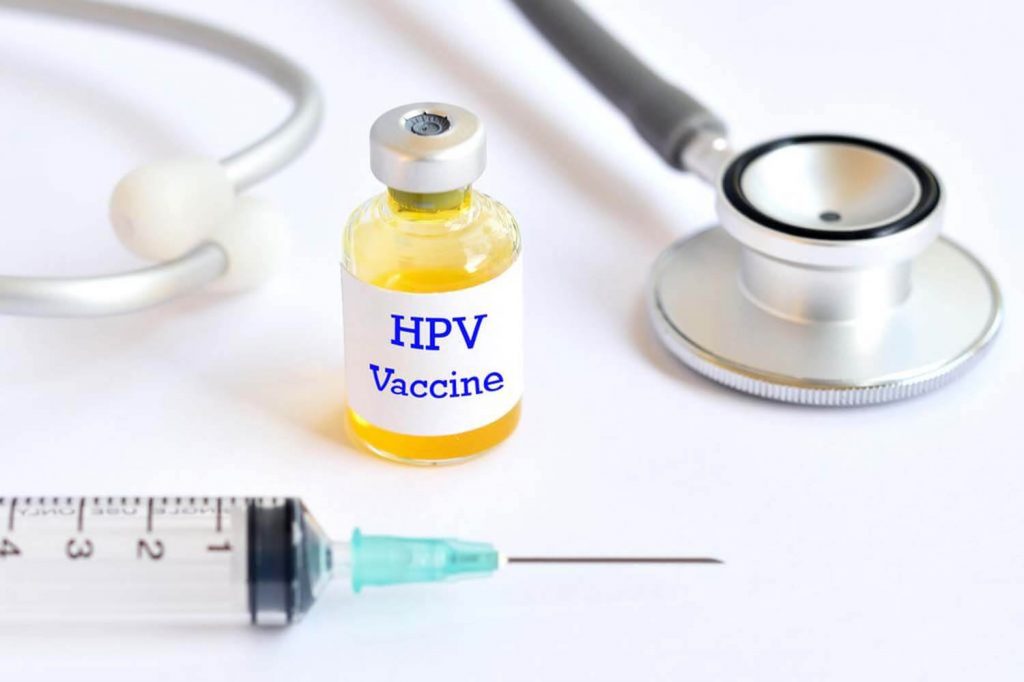
Genital human papillomavirus (HPV) vaccine is an inactivated vaccine which decreases risk of cervical cancer, anal cancer, and oral cancer and prevents recurrence of cervical cancer that you may have had years ago. Protection from HPV vaccine is expected to be long-lasting. But vaccinated women still need cervical cancer screening because the vaccine does not protect against all HPV types that cause cervical cancer. There is no upper age limit for protection, so consult your doctor about your options.
Who should get it and when? – HPV vaccine is recommended for young women through age 26 but all people ages 9 to 45 can get the HPV vaccine to protect against genital warts as well as HPV cancer.
4. Pneumococcal Vaccine
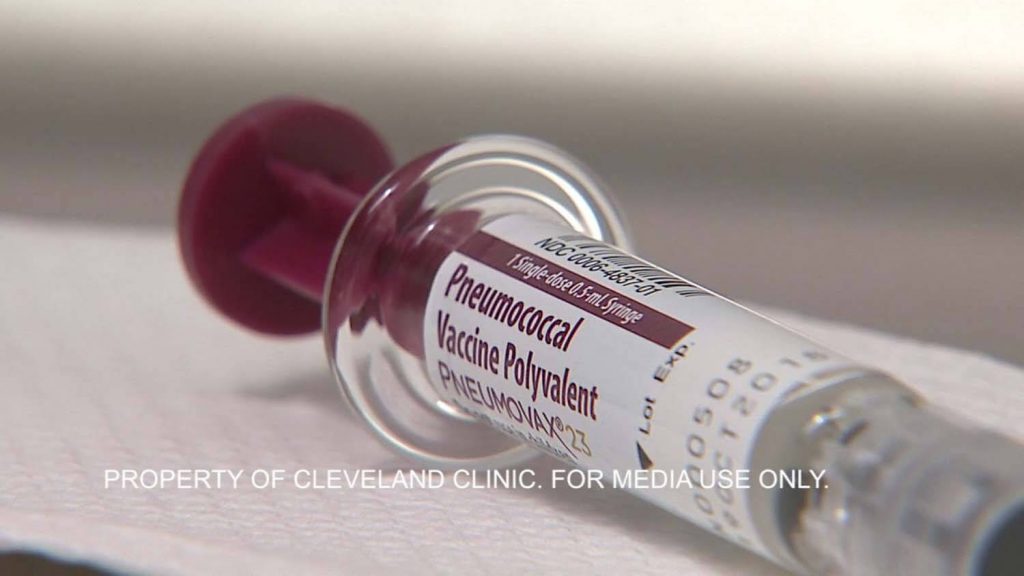
Pneumococcal Vaccines are vaccines for the protection of pneumonia, meningitis, blood infections and death. There are two vaccines for it : PCV13 (pneumococcal conjugate vaccine) and PPSV23 (pneumococcal polysaccharide vaccine). They are given by injection either into a muscle or just under the skin. You’re at higher risk of getting the disease if you smoke.
Who should get it and when? – It is recommended for all adults of 65 years or above to get two pneumococcal vaccines. Receive a dose of PCV13 first, followed by a dose of PPSV23, at least one year later. If you are at least 19 years old, you should also consider this vaccine if you have sickle cell disease, have a transplanted organ, live with chronic illness, have HIV or another illness that affects your immune system.
5. MMR Vaccine
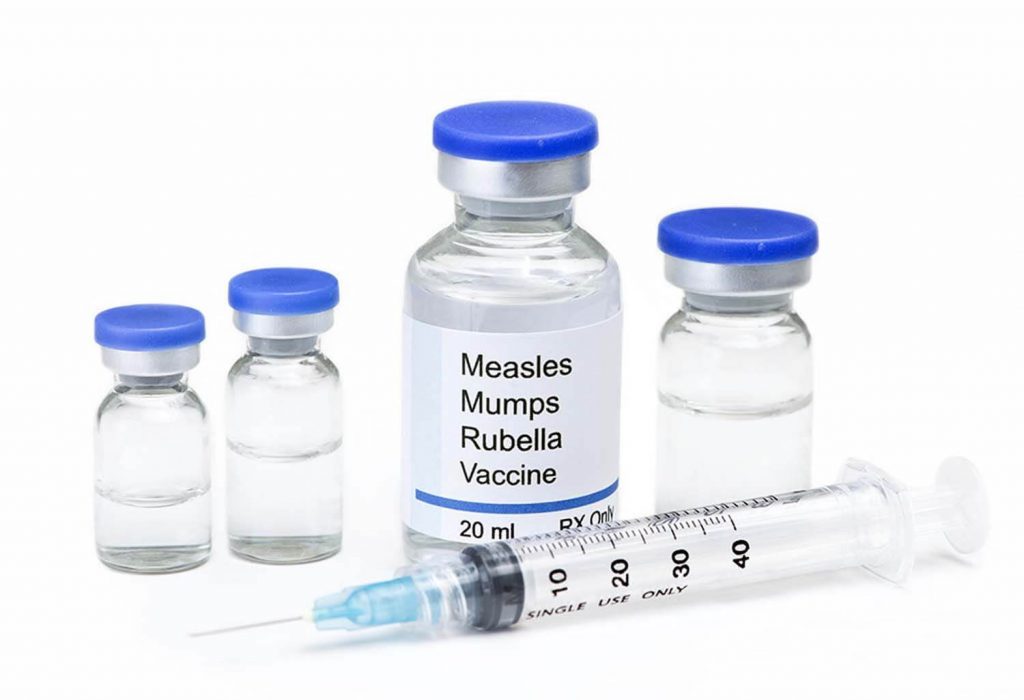
MMR stands for Measles, Mumps and Rubella. So, MMR vaccine protects against all these three diseases. This vaccine is also given by injection. Rates of disease have been seen to increase in populations who go unvaccinated. The MMR vaccine is very safe, and is very effective at preventing such diseases. The MMRV vaccine which also covers chickenpox is also highly recommended.
Who should get it and when? – The first dose is generally given to children around 9 to 15 months of age, with a second dose at 15 months to 6 years of age, with at least 4 weeks between the doses. Teens and adults should also be up to date on their MMR vaccinations. It’s also good for college students, teachers, health care workers and people who travel outside the U.S.
So Girls, This Women’s Day, Gift Yourself A Good Health…!!!










